
AVOID Bananas If You Suffer From These 5 Health Problems!

Bananas: A Nutritious Fruit Not Suitable for Everyone
Bananas are among the most widely consumed and beloved fruits around the world. They are not only delicious and convenient but also loaded with essential nutrients such as vitamins B6 and C, potassium, magnesium, and dietary fiber. These nutrients contribute to various health benefits, including improved digestion, heart health, and energy levels. However, despite their impressive nutritional profile, bananas are not the right choice for everyone. Certain medical conditions may require people to limit or even avoid banana consumption. Below are five health issues where bananas could potentially do more harm than good.
1. High Blood Sugar (Diabetes)
Bananas contain natural sugars such as fructose, glucose, and sucrose, which provide quick energy. Although they generally have a low to moderate glycemic index, ripe bananas—especially those with brown spots—can lead to a significant increase in blood sugar levels. This makes them a risky choice for individuals with diabetes or insulin resistance. Consistently consuming high-glycemic fruits can interfere with blood sugar management and increase the risk of complications over time.
If you are diabetic or pre-diabetic, it’s best to consume bananas in moderation and pair them with foods high in protein or healthy fats to slow sugar absorption. Unripe or green bananas, which are higher in resistant starch and lower in sugar, may be a better option. These can help with blood sugar regulation and improve gut health.
2. Kidney Disease
One of the standout nutrients in bananas is potassium, which supports nerve signaling, muscle contraction, and heart function. While potassium is essential for healthy individuals, those with chronic kidney disease (CKD) often need to limit their intake. When the kidneys are not functioning properly, they struggle to excrete excess potassium, leading to a condition known as hyperkalemia—an electrolyte imbalance that can cause muscle weakness, irregular heartbeat, and even cardiac arrest.
Patients with advanced kidney disease are often placed on a low-potassium diet. In such cases, high-potassium foods like bananas, oranges, avocados, and potatoes must be avoided or strictly regulated. Always consult a nephrologist or a dietitian before making dietary decisions if you have compromised kidney function.
3. Irritable Bowel Syndrome (IBS)
Irritable Bowel Syndrome (IBS) is a common gastrointestinal disorder characterized by symptoms such as bloating, abdominal pain, gas, and irregular bowel movements. Bananas, especially when fully ripe, are high in fermentable oligosaccharides, disaccharides, monosaccharides, and polyols (FODMAPs)—short-chain carbohydrates that can be poorly absorbed in the gut.
These FODMAPs can ferment in the colon, leading to increased gas and discomfort in people with IBS. If bananas consistently cause digestive upset, try switching to firmer, less ripe ones, which tend to be lower in FODMAPs. Additionally, tracking your symptoms with a food diary can help determine whether bananas are a trigger for you.
4. Latex Allergy
There is a well-documented link between latex allergy and sensitivity to certain fruits, including bananas, avocados, kiwis, and chestnuts. This condition, known as latex-fruit syndrome, occurs because the proteins in these fruits are structurally similar to latex proteins. When someone with a latex allergy eats bananas, their immune system may mistakenly react as if it's encountering latex.
Symptoms can vary in severity and may include itching or swelling of the lips and mouth, hives, skin rashes, respiratory symptoms, and in rare cases, anaphylaxis—a life-threatening reaction that requires immediate medical attention. If you have a known latex allergy, speak with your allergist or healthcare provider before including bananas in your diet.
5. Acid Reflux (GERD)
Although bananas are usually considered safe for individuals with acid reflux or gastroesophageal reflux disease (GERD), they may trigger symptoms in some people. While their low acidity generally makes them a reflux-friendly food, bananas can sometimes relax the lower esophageal sphincter (LES), allowing stomach acid to flow back up into the esophagus.
If you notice symptoms like heartburn, regurgitation, or chest discomfort after eating bananas, consider keeping a food journal to pinpoint whether bananas are a contributing factor. Everyone's body responds differently, so it’s important to identify your individual triggers and adjust your diet accordingly.
Conclusion
Bananas are a nutritious and accessible fruit that can be part of a healthy diet for most people. However, they may not be suitable for individuals dealing with specific health conditions such as diabetes, kidney disease, IBS, latex allergies, or acid reflux. Understanding how your body reacts to certain foods is key to maintaining good health. If you have a chronic medical condition or food sensitivities, consult a healthcare professional or registered dietitian before making dietary changes. Being informed and proactive will help you make the best nutritional choices for your unique needs.
News in the same category


Sleeping Naked: Surprising Health Benefits Backed by Science

Red Dots on Your Skin? Why You Shouldn’t Ignore These Early Signs of Scabies

10 Best Foods To Support Digestive and Gut Health

7 Words Depressed People Use More Often
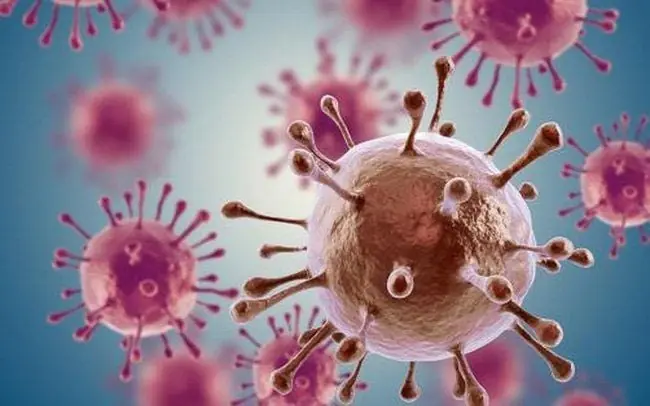
10 Early Signs Your Body is Fighting Cancer
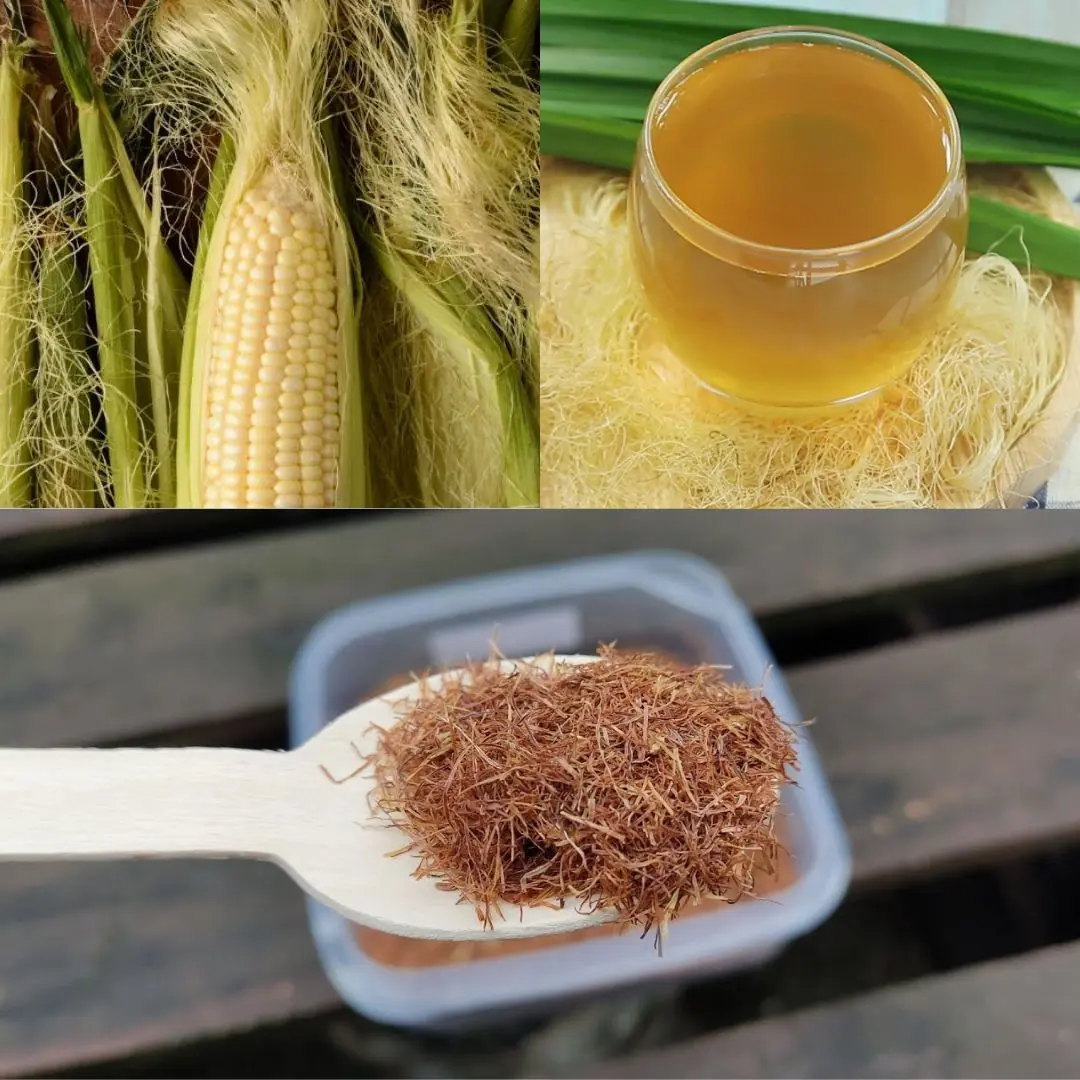
20+ Powerful Health Benefits of Corn Silk: How to Use It and Precautions to Know

The Amazing Health Benefits of Winged Beans

5 Early Cancer Symptoms You Must Not Overlook

Sleeping on your left side affects your health in ways you would have never thought
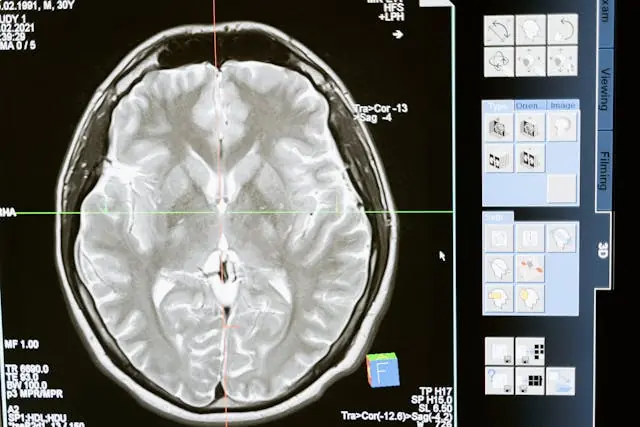
After Being Diagnosed With Dementia at 49, Man Realized The Subtle Red Flag in His Work That Made Him Realize Something Was Wrong
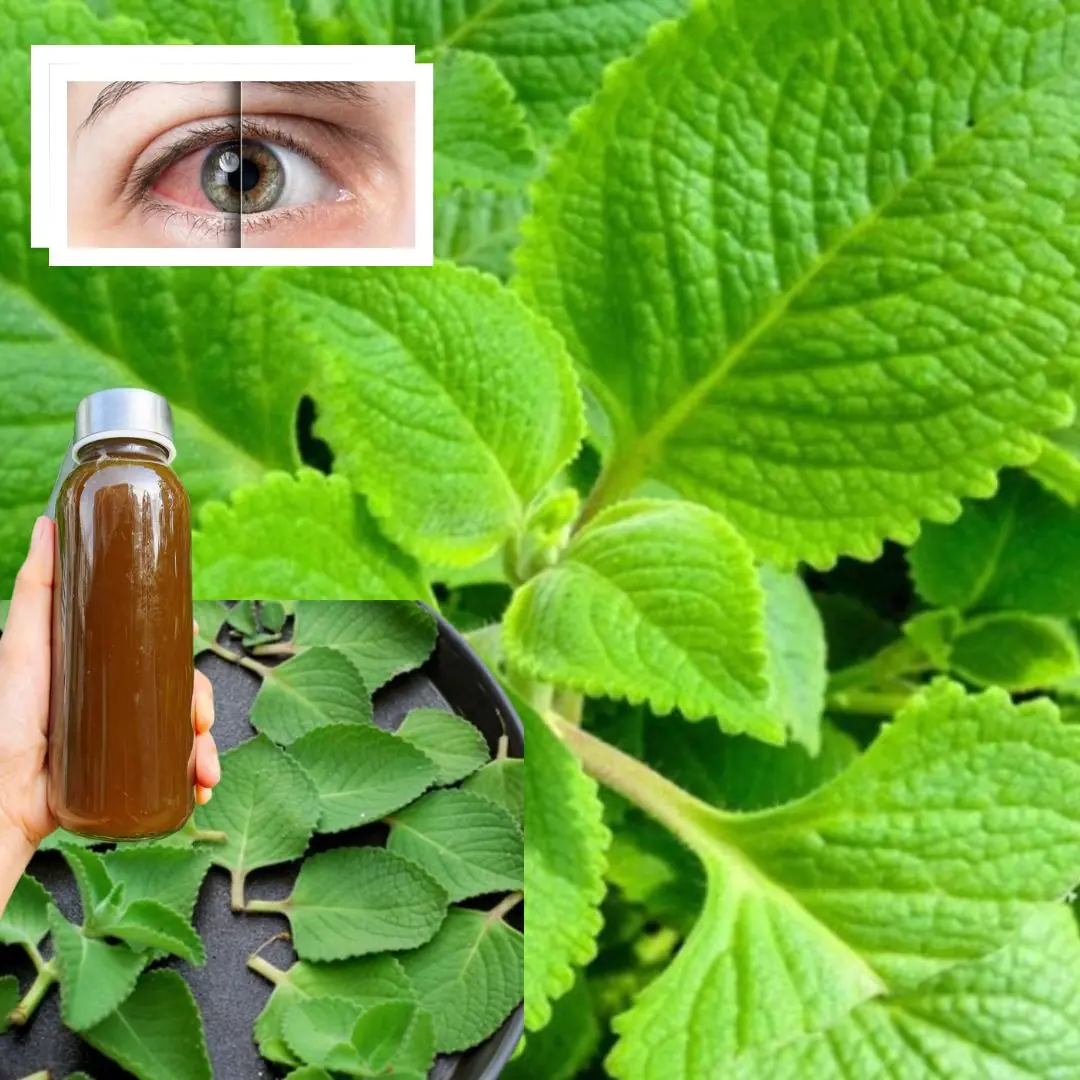
🌿 18 Reasons Why Oregano (Orégano Orejón) Should Be a Staple in Your Home
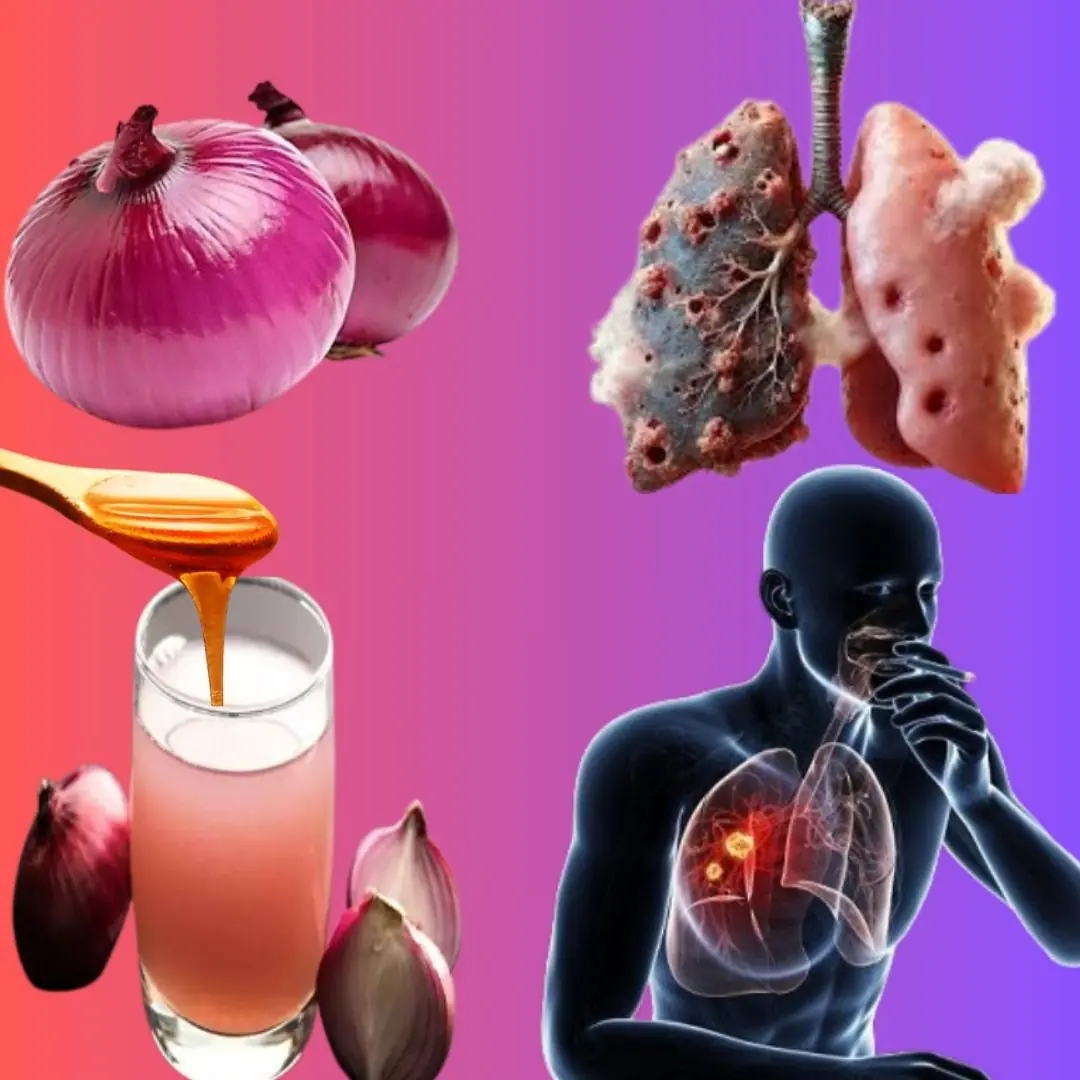
🌬️ Persistent Cough, Mucus Buildup, or Lung Congestion? Try This Powerful Natural Onion Remedy

4 common morning habits that may increase your risk of stroke
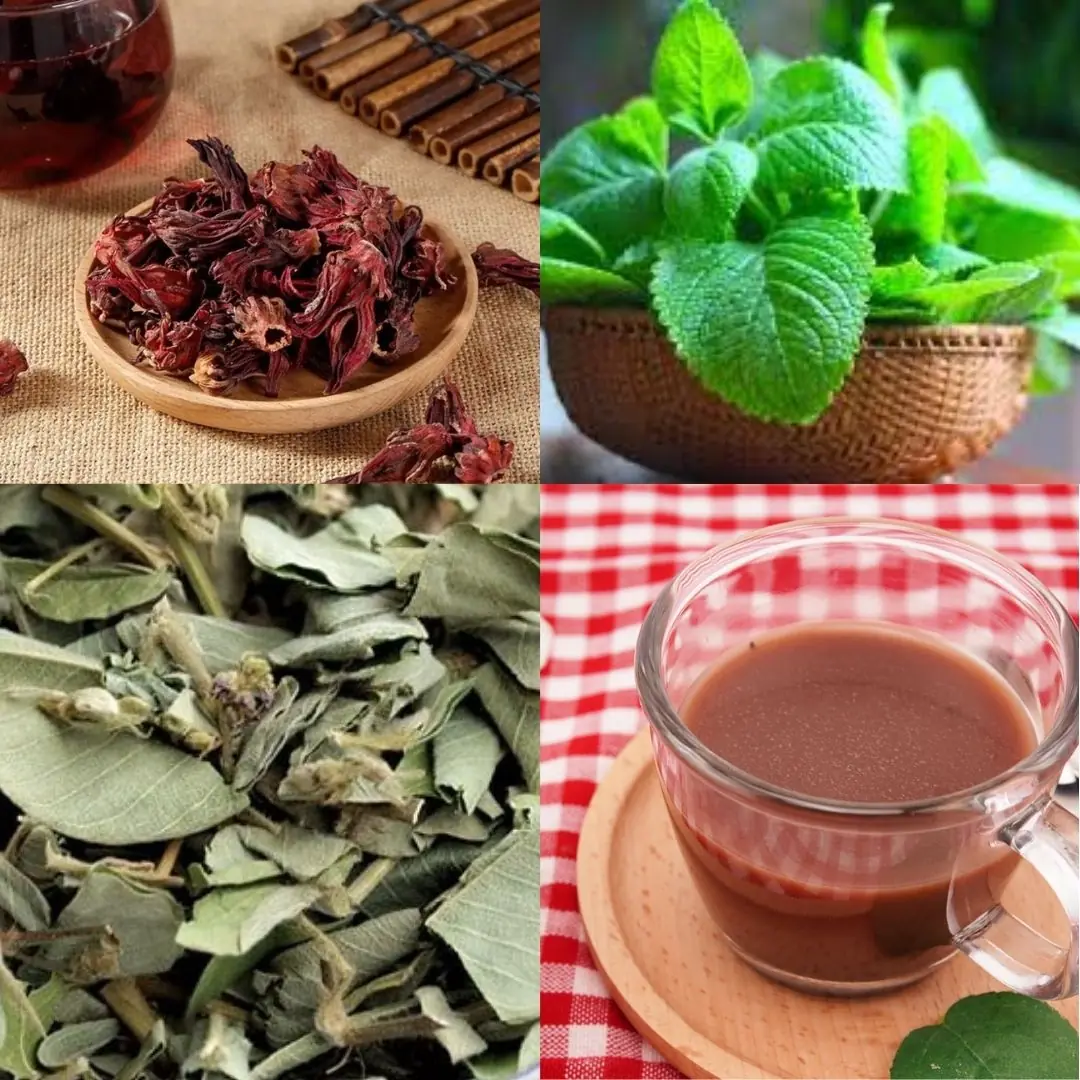
This Herbal Tea Can Help with Diabetes, Liver Health, High Blood Pressure, and Poor Circulation
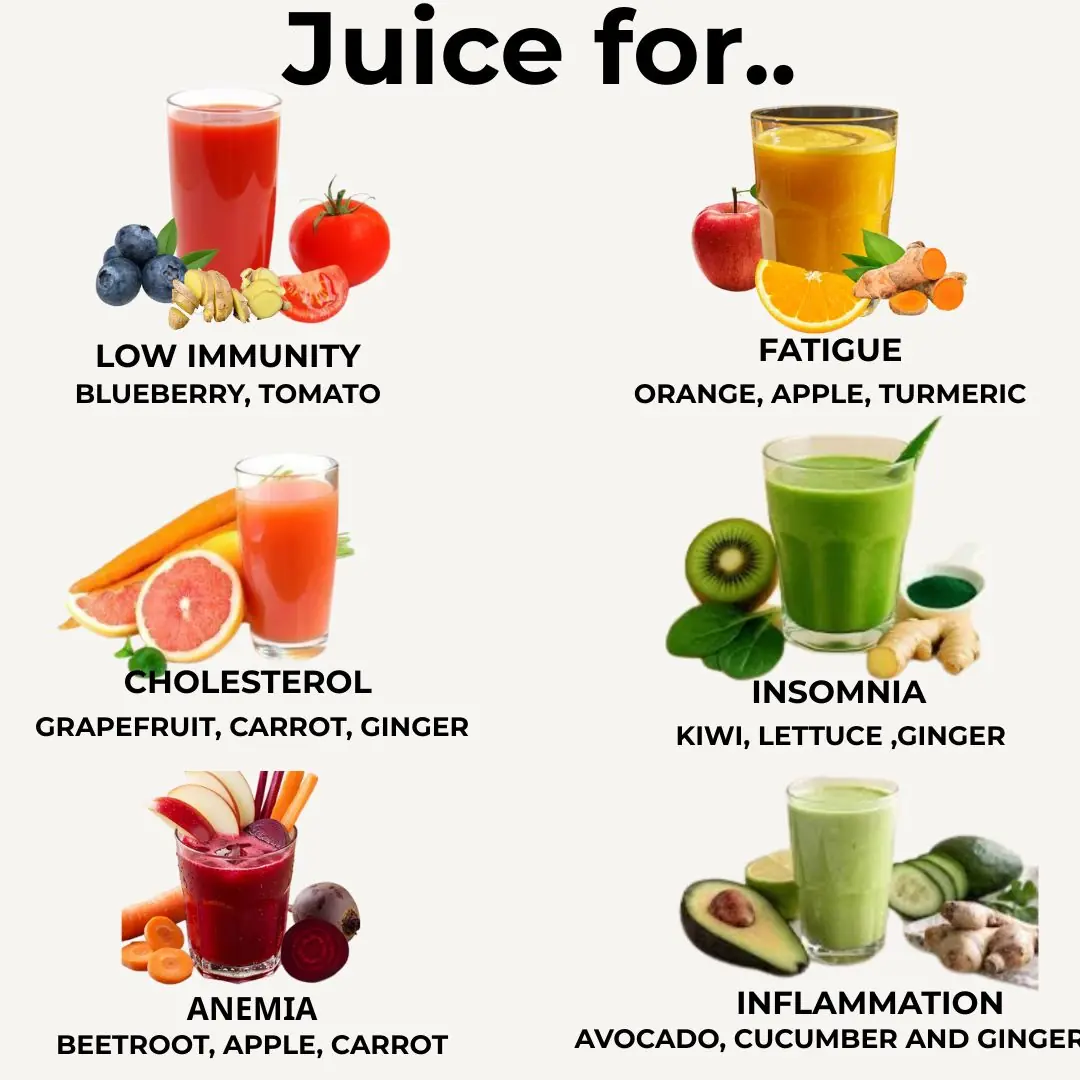
🍹 Boost Your Body Naturally: 6 Juice Recipes for Common Health Issues

Vitamin K Precursor Found to Target and Destroy Cancer Cells in Latest Research

Naturally Reverse Early Tooth Decay: 6 Proven Tips to Strengthen Enamel and Fight Cavities!

The Beauty Benefits of a Coffee and Vaseline Face Mask: A Natural Wrinkle-Reducer?
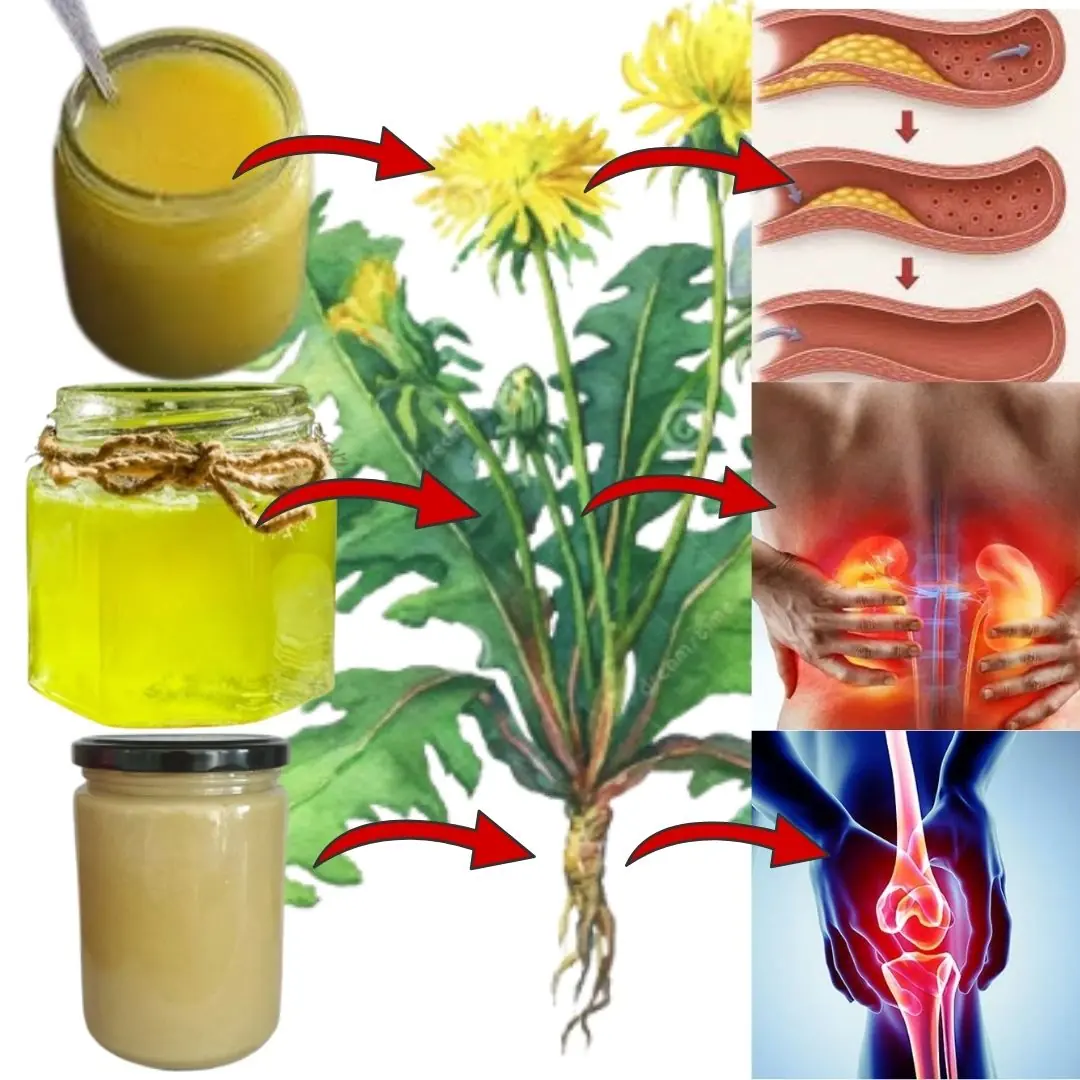
30 Incredible Benefits of Dandelion: Nature’s Hidden Gem
News Post

How Sleeping on Your Left Side Can Boost Your Health, According to Science

Sleeping Naked: Surprising Health Benefits Backed by Science

Red Dots on Your Skin? Why You Shouldn’t Ignore These Early Signs of Scabies

10 Best Foods To Support Digestive and Gut Health

7 Words Depressed People Use More Often

Alfred Wegener: The Scientist Who Was Laughed at in 1912—But Changed Earth Science Forever

10 Early Signs Your Body is Fighting Cancer

Shocking Discovery Beneath the Great Pyramid of Giza: Lost Advanced Technology?

Scientists Propose Cooling Earth By Spraying 12 Million Tons Of Particles From Boeing Jets

From Recycled Materials To Viral Fame: Teen’s Diy Lamborghini Replica Turns Heads

20+ Powerful Health Benefits of Corn Silk: How to Use It and Precautions to Know

The Amazing Health Benefits of Winged Beans

My MIL Mocked Me for Making My Own Wedding Cake – Then Took Credit for It in Her Speech

At My Sister's Wedding, My Son Grabbed My Hand and Whispered, 'Mom… We Need to Go. Now!' – What He Showed Me Changed Everything

I Visited My Sister, Was Shocked to See Who Her Fiancé Was, and Knew I Couldn't Let It Go That Easily

My New Neighbor Was the Perfect Man Next Door Until I Overheard His Plan Against Me

My Daughter-in-Law Threw Out Most of My Kitchen Utensils—So I Brought Her Back Down to Earth

5 Early Cancer Symptoms You Must Not Overlook

Sleeping on your left side affects your health in ways you would have never thought
